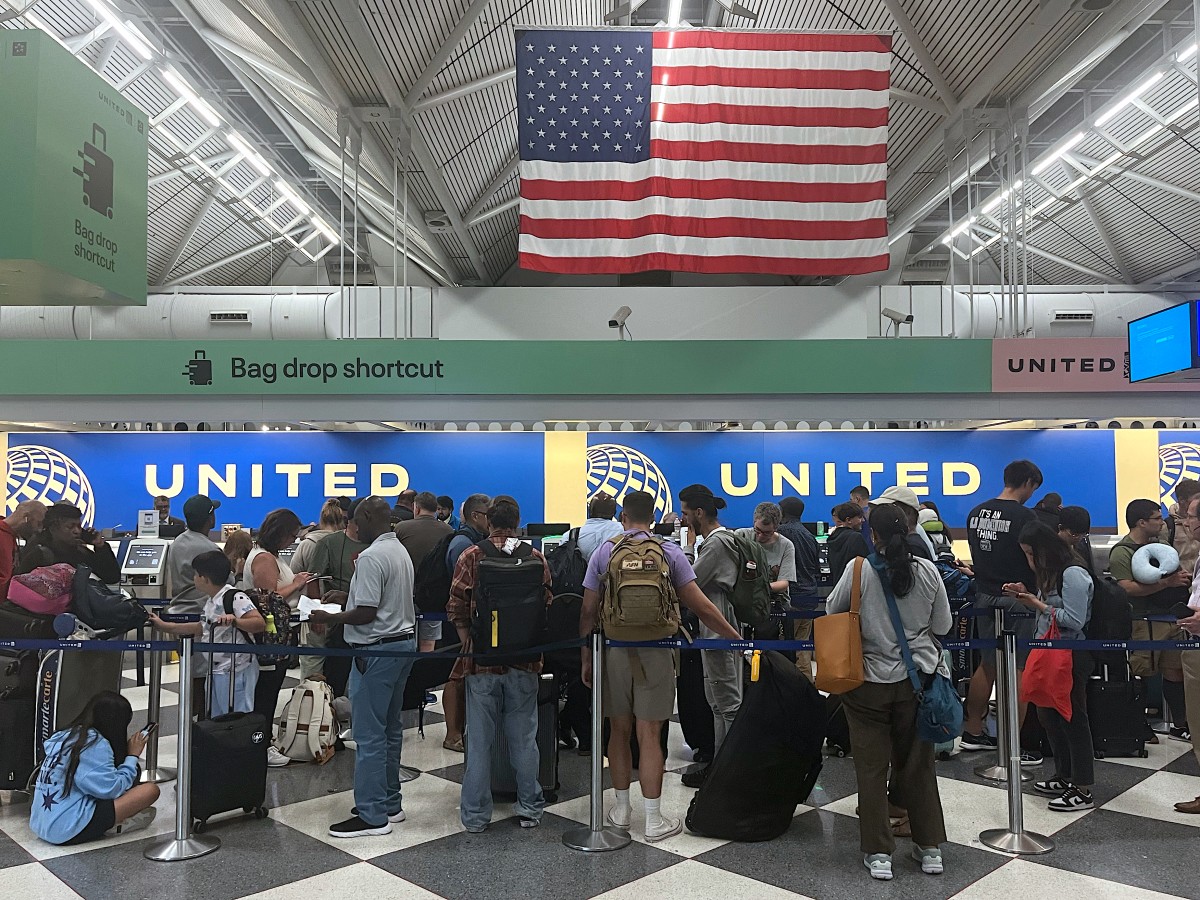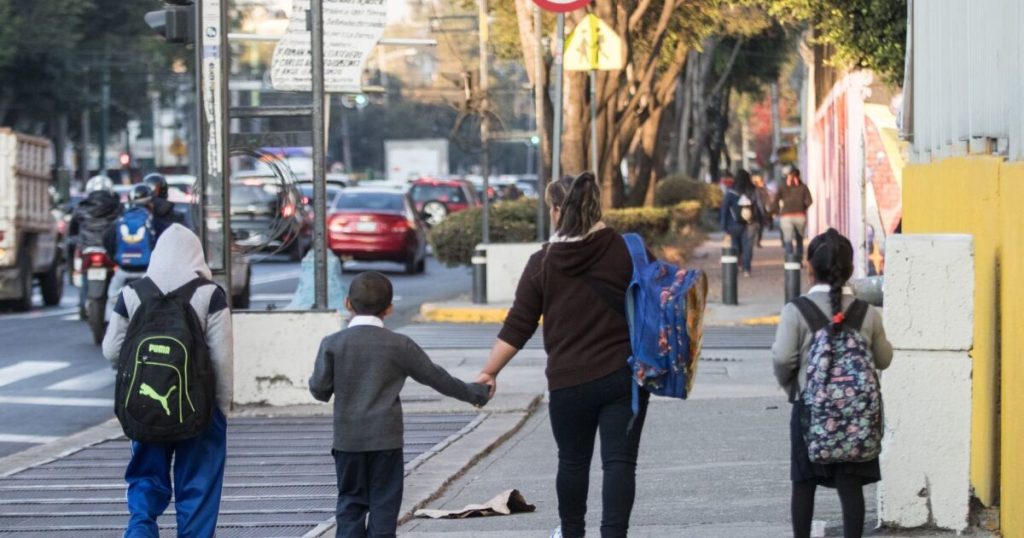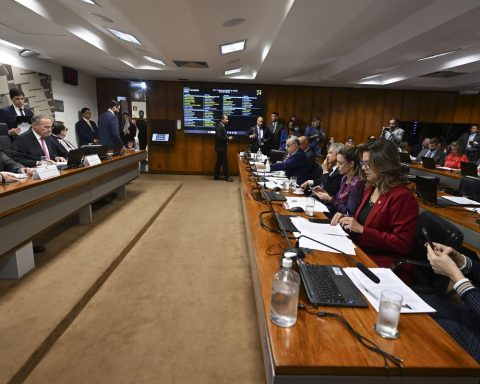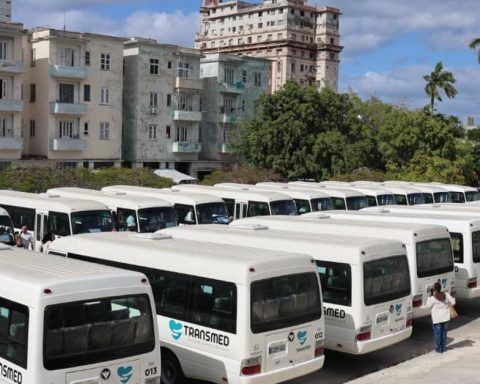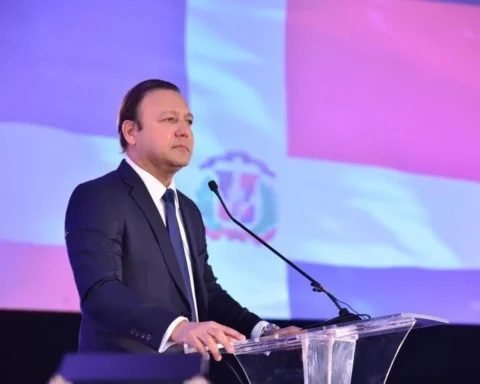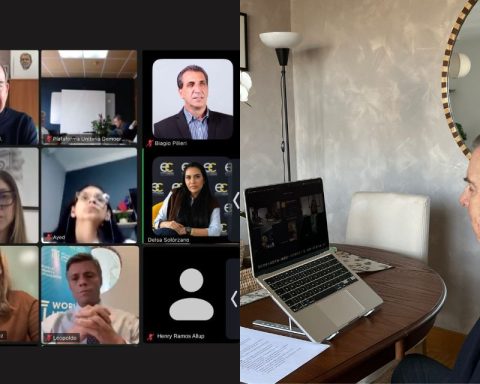On January 5, 2023, the United States government announced that the humanitarian parole program, which had already been in place for Venezuela since late 2022, would be extended to Nicaragua, Haiti, and Cuba. As of April 2024, some 400,000 migrants of those nationalities have entered the country, of which 60,000 are Nicaraguan.
Humanitarian parole grants the beneficiary a two-year stay in the United States. But what happens after the deadline expires? Are there options to stay longer in the country?
According to attorney Martha Patricia Molina, immigration policies change overnight and it is unknown what the government will decide regarding parole; it may be that they extend it or simply leave it without validity. However, in principle, the beneficiaries would have to return to their country of origin as long as their status has not changed.
Related news: Humanitarian parole program will continue to benefit Nicaraguans
Will beneficiaries be deported after the two-year deadline?
Technically no, the U.S. National Immigration Service expects each beneficiary to leave the country voluntarily. If they do not, the migrant will be placed on a list to begin a deportation process that can take some time, says attorney Edward Pérez of EPG-Trámites.
What options does the beneficiary have?
In the case of Nicaraguans, if they are politically or religiously persecuted and their lives are in danger in Nicaragua, then it is advisable that they request political asylum, says Molina.

1-Asylum to legalize in the United States
To be granted asylum, the migrant must submit a request to USCIS for Form I-589, Application for Asylum and Suspension of Removal, within one year of his or her last entry into the United States to the National Immigration Service with solid evidence that he or she is suffering some type of persecution. If approved, this will ensure his or her permanence in the country, in addition to a work permit.
2-Requested by a US citizen family member
Any citizen or resident of the United States can apply for the beneficiary and the process may take time to be resolved but you can remain in the country until your case is resolved; however, this option only covers children, parents, or spouses.
3-Marriage to an American citizen
A United States citizen who marries a partner who entered the United States with humanitarian parole can help the beneficiary who qualifies for permanent residence, which allows him or her to work and live freely in the country permanently.
Related news: U.S. Embassy in Managua develops explanatory campaign on Humanitarian Parole to avoid scams on migrants
Illegal migrants do not apply for this option as they must first leave the country and enter with a fiancé visa.
For now, the quickest way to enter the US is through humanitarian parole, since in early June, President Joe Biden signed an executive order that prevents irregular migrants from receiving asylum in the United States after crossing the border illegally. The White House then indicated that “actions will be in effect when high levels of encounters of illegal migrants at the southern border exceed the capacity to generate timely consequences.”
